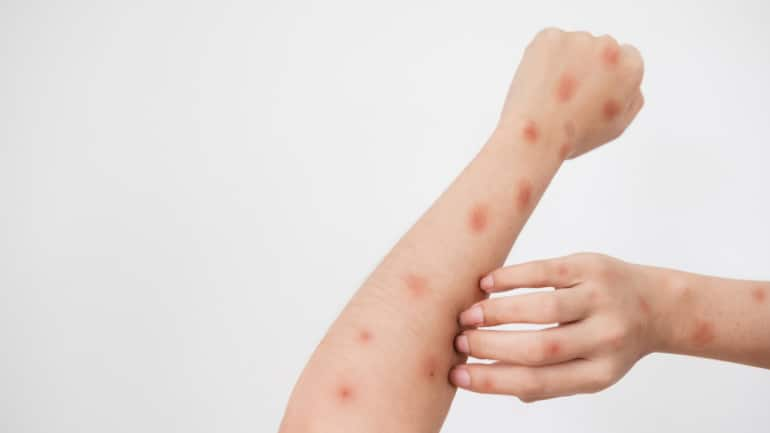
MPOX SYMPTOMS AND PREVENTION: WASH HANDS REGULARLY, AVOID SHARED ITEMS TO PROTECT YOURSELF
Mpox, formerly known as monkeypox, is a viral disease caused by the monkeypox virus, a member of the orthopoxvirus genus. It is similar to smallpox but less severe. According to the World Health Organization (WHO), Mpox spreads through direct contact with bodily fluids, lesions on the skin, or respiratory droplets from infected individuals. It can also be transmitted through contact with contaminated objects, such as bedding or clothing, and from infected animals like rodents and primates.
Shield yourself: The Centers for Disease Control and Prevention (CDC) and the World Health Organisation (WHO) both stress that vaccination within 4 days after exposure significantly lowers the chance of contracting the disease, or at least makes symptoms less severe. The JYNNEOS vaccine is highly recommended for Mpox prevention, and receiving both doses provides optimal protection. It's important to take two doses 4 weeks apart for the best results. If you’ve delayed getting the second dose, don't worry, just get it as soon as possible. If you’ve already recovered from Mpox, you don’t need to be vaccinated.
Steer clear of the rash: If you are at risk of mpox, consider altering activities that involve close personal contact until you’re fully vaccinated. Attending social events like raves or parties where minimal clothing and skin-to-skin contact occur carries some risk. Be cautious and avoid any visible rashes on others. Mpox rashes may appear as pimples, blisters, or scabs and are typically seen on the hands, feet, chest, face, or genitals. WHO warns against direct contact with someone showing these symptoms, as well as avoiding animals that may carry the virus, especially in regions like Central and West Africa.
Also read | Mpox prevention tips: Why pregnant women and children are more vulnerable to severe complications
Better safe than sharing: Avoid sharing items like eating utensils, cups, bedding, or towels with someone who has Mpox. Contaminated materials can spread the virus, so it’s vital to clean and disinfect areas where someone with Mpox has been. For those living with an infected person, make sure to follow strict cleaning protocols to minimize the risk of transmission.
Clean hands, safe hands: One of the simplest yet most effective ways to protect yourself from Mpox is regular handwashing. Wash your hands with soap and water frequently, especially before eating, after using the bathroom, or after touching any potentially contaminated surfaces. If soap and water aren't available, use an alcohol-based hand sanitiser. Hand hygiene can significantly reduce the chances of virus transmission, protecting both you and the people around you.
2024-09-19T05:44:59Z dg43tfdfdgfd